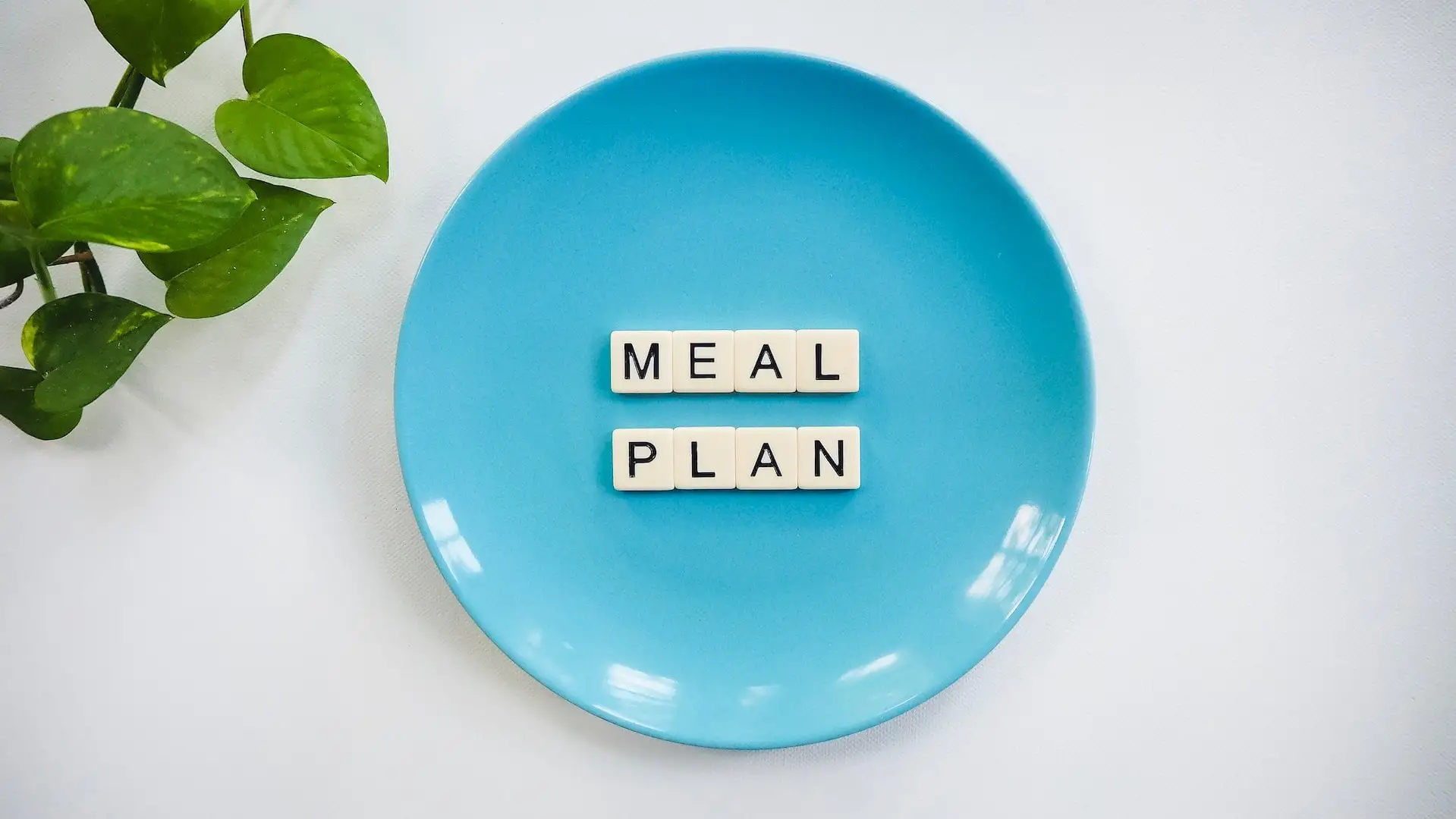Importance of Diet in Jaundice Recovery
What to Eat in Jaundice?
-
Hydrating Fluids
Ensuring proper hydration is crucial for maintaining a healthy body and supporting the elimination of toxins. Opt for hydrating fluids such as water, herbal teas, fresh fruit juices (excluding citrus fruits), and vegetable juices. These choices not only quench your thirst but also provide essential nutrients that aid in the detoxification process.
-
Nutrient-rich Foods
A well-balanced diet plays a vital role in promoting liver health. Include nutrient-rich foods in your meals, such as lean proteins, whole grains, fresh fruits, and vegetables. These foods are abundant in vitamins A, C, E, and antioxidants, which actively support the liver in its detoxification functions while providing a range of other health benefits.
-
Low-fat Options
When it comes to protein sources, opt for lean options like skinless chicken, fish, legumes, and tofu. Avoiding fatty and fried foods is crucial as they can burden the liver and impede its ability to function optimally. By choosing low-fat alternatives, you provide your liver with the necessary nutrients without overburdening it.
-
High-fiber Foods
Incorporating high-fiber foods into your diet is beneficial for digestion and waste elimination. Whole grains, oats, brown rice, lentils, beans, and fresh fruits and vegetables are excellent sources of fiber. By including these foods in your meals, you promote regular bowel movements and help remove waste products from your system, aiding in overall detoxification.
-
Cruciferous Vegetables
Cruciferous vegetables such as broccoli, Brussels sprouts, cabbage, and cauliflower offer specific benefits for liver detoxification. These vegetables contain compounds that assist in the breakdown and elimination of toxins from the body. Including them in your diet supports the liver’s natural detoxification processes and contributes to overall liver health.
-
Healthy Fats
Incorporating healthy fats into your diet is crucial for liver health. Avocados, olive oil, nuts, and seeds are excellent sources of healthy fats. These fats provide essential nutrients and promote a healthy liver. Including them in moderation can contribute to optimal liver function and overall well-being.
-
Moderate Protein Intake
Consuming moderate amounts of protein from lean sources throughout the day is important for supporting healing processes without straining the liver. By choosing lean proteins like chicken, fish, legumes, and tofu, you provide your body with the necessary building blocks for repair and maintenance while minimizing the workload on the liver.
What Foods Should You Avoid Eating in Jaundice?
-
Fatty and Fried Foods
Consuming fatty and fried foods can pose a challenge to the liver’s processing capabilities, making it important to steer clear of such high-fat options. Foods like fried items, fatty cuts of meat, and full-fat dairy products should be avoided during jaundice or any liver-related conditions, as they can strain the liver’s functions and impede the healing process.
-
Alcohol
Alcohol is particularly damaging to the liver and can exacerbate its impairment during jaundice. It is crucial to abstain from consuming any alcoholic beverages when experiencing jaundice to prevent further harm to the liver and allow it the opportunity to recover and regain normal functioning.
-
Citrus Fruits
While fruits are generally considered beneficial for health, specific citrus fruits like oranges, lemons, and grapefruits may hinder the liver’s ability to metabolize certain medications. During jaundice or when taking medications, it is advisable to either avoid citrus fruits or consult a healthcare professional for guidance on their consumption to ensure they do not interfere with the effectiveness of the prescribed treatment.
-
Spicy Food
Spicy foods have the potential to cause digestive discomfort and may aggravate symptoms of jaundice. It is prudent to avoid consuming spicy foods until the condition improves, as they can further distress the digestive system and potentially worsen the overall symptoms associated with jaundice.
-
Caffeinated Beverages
Caffeinated beverages, including coffee, tea, and energy drinks, can be taxing on the liver and contribute to dehydration. To support liver health during jaundice, it is recommended to either avoid or limit the consumption of caffeinated drinks, as they can strain the liver and impede its recovery process. Opting for hydrating alternatives like herbal teas or plain water is a wiser choice.
-
Processed Foods
Highly processed foods, often found in pre-packaged snacks, fast food, and sugary treats, can contain additives, preservatives, and unhealthy fats that are detrimental to liver health. It is best to avoid these processed foods and instead choose fresh, whole foods that provide essential nutrients and support the liver’s healing process. Prioritizing a balanced diet with natural, unprocessed foods will promote overall liver health and aid in recovery from jaundice.





